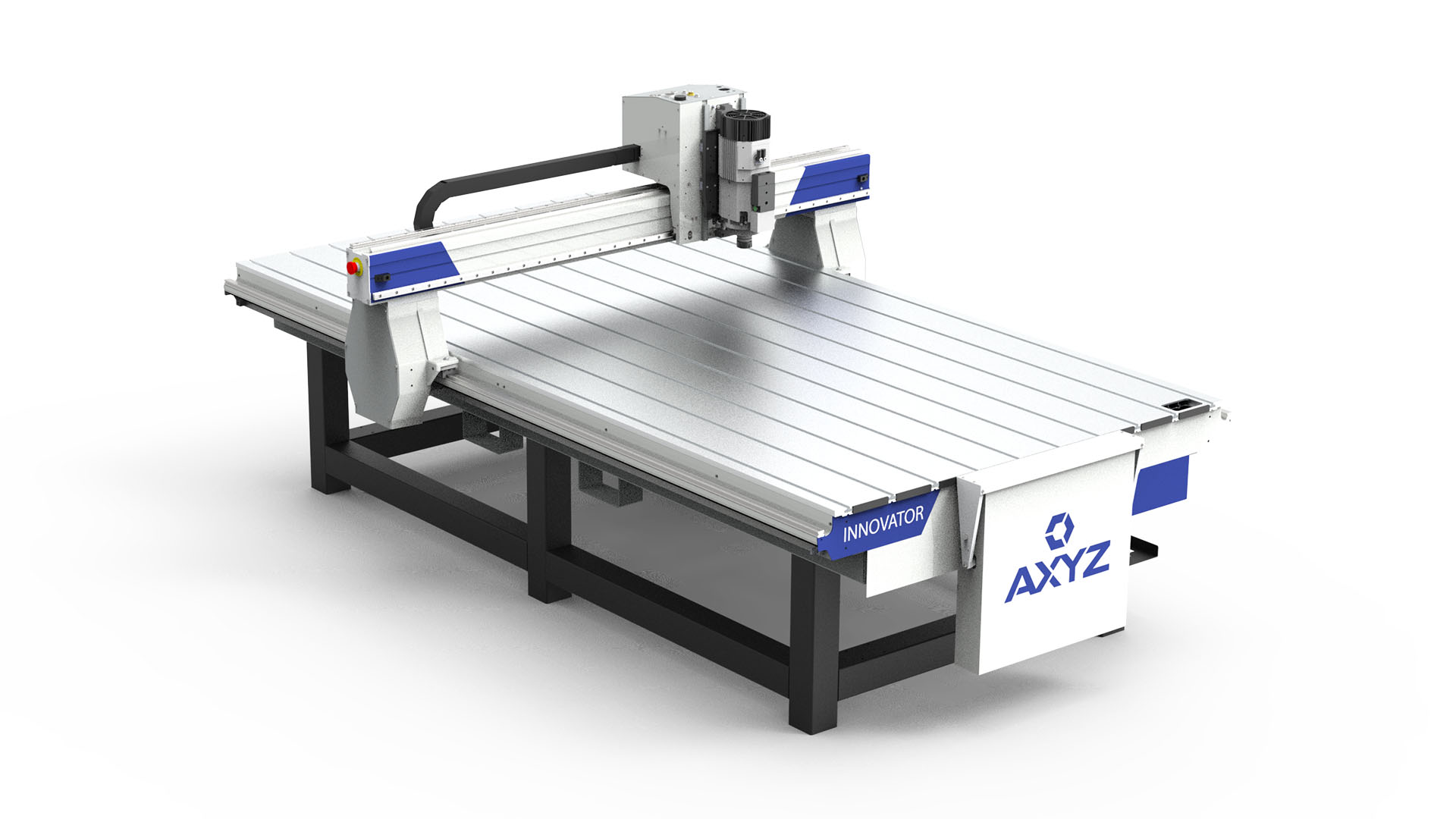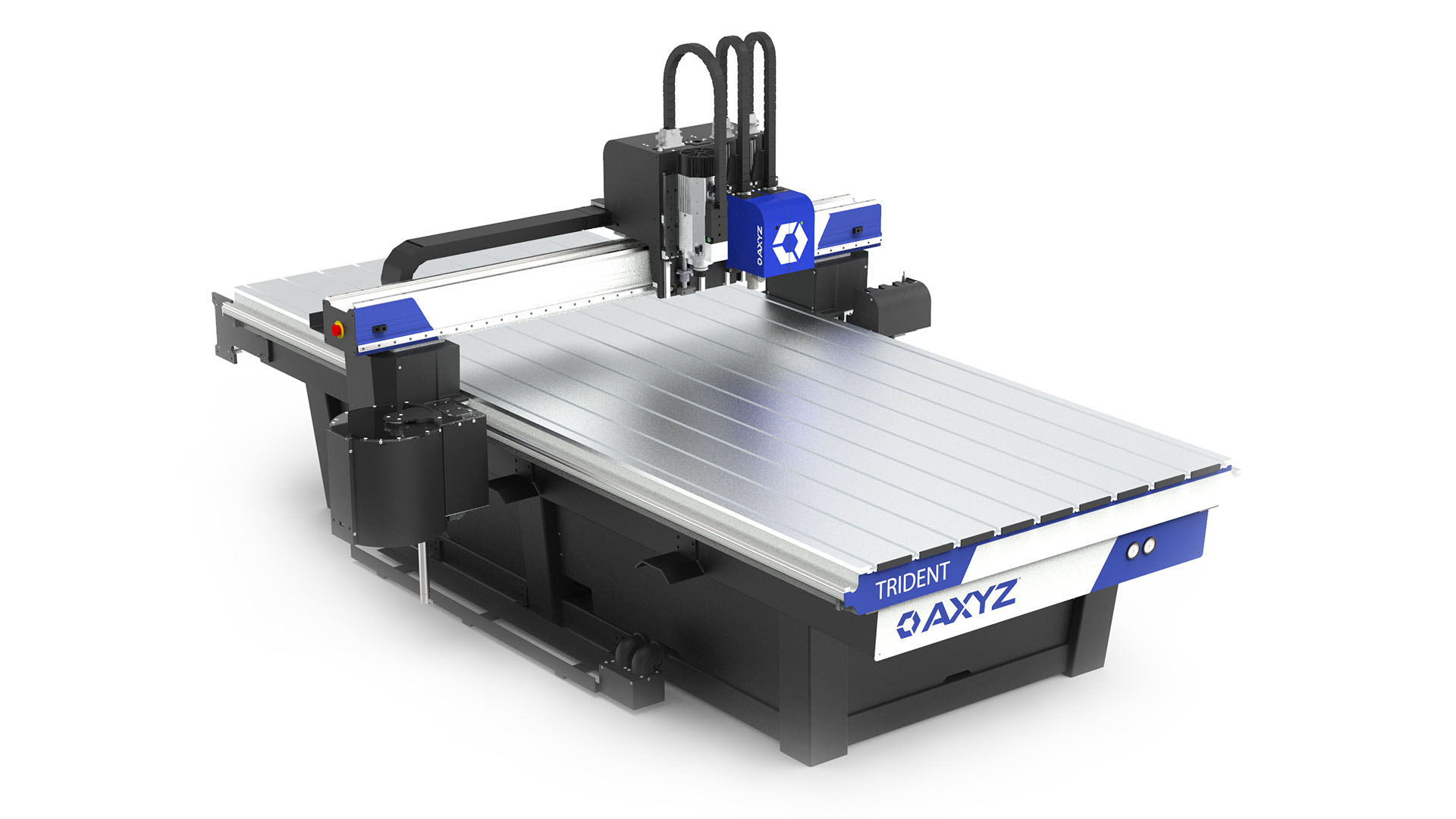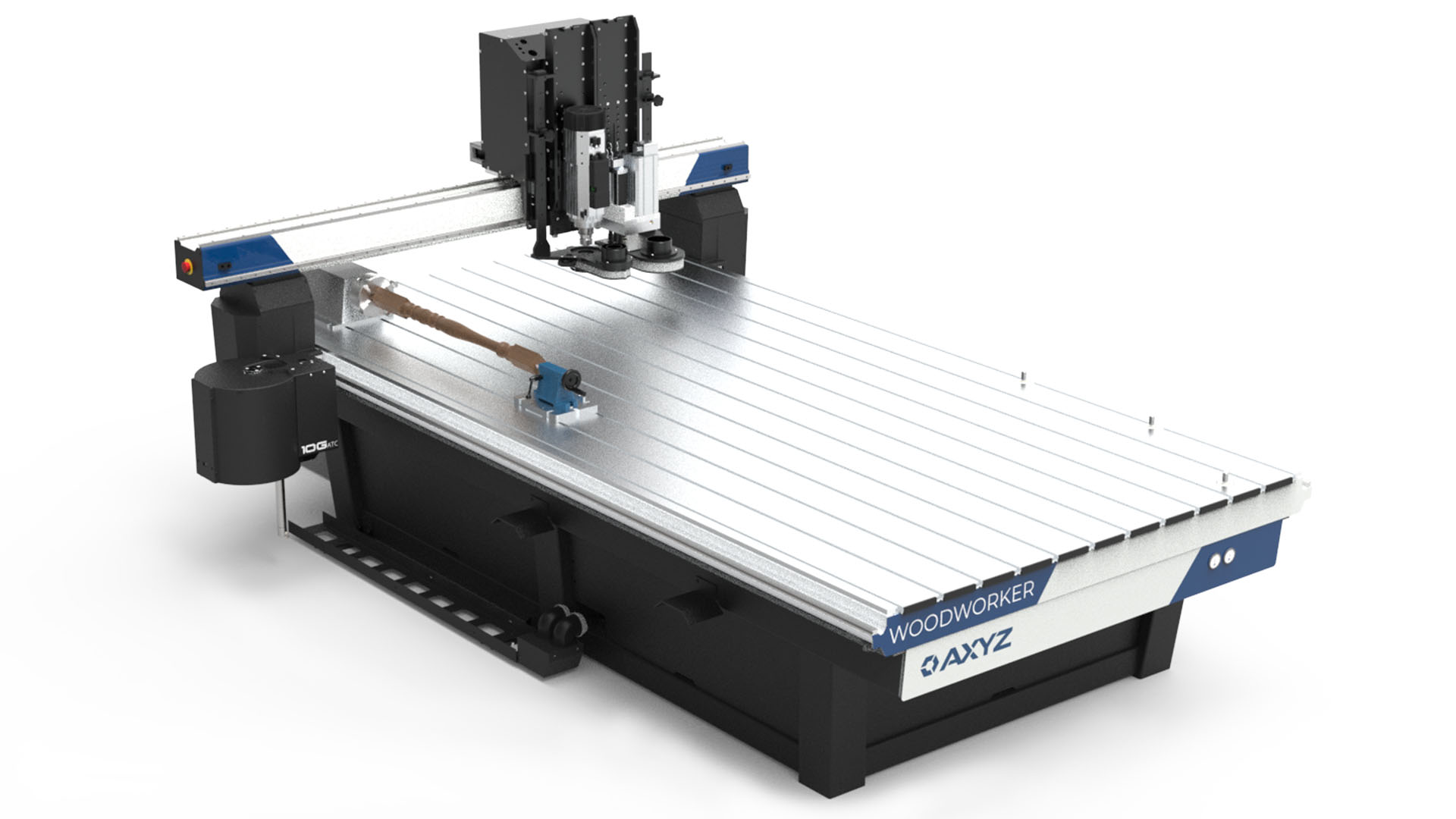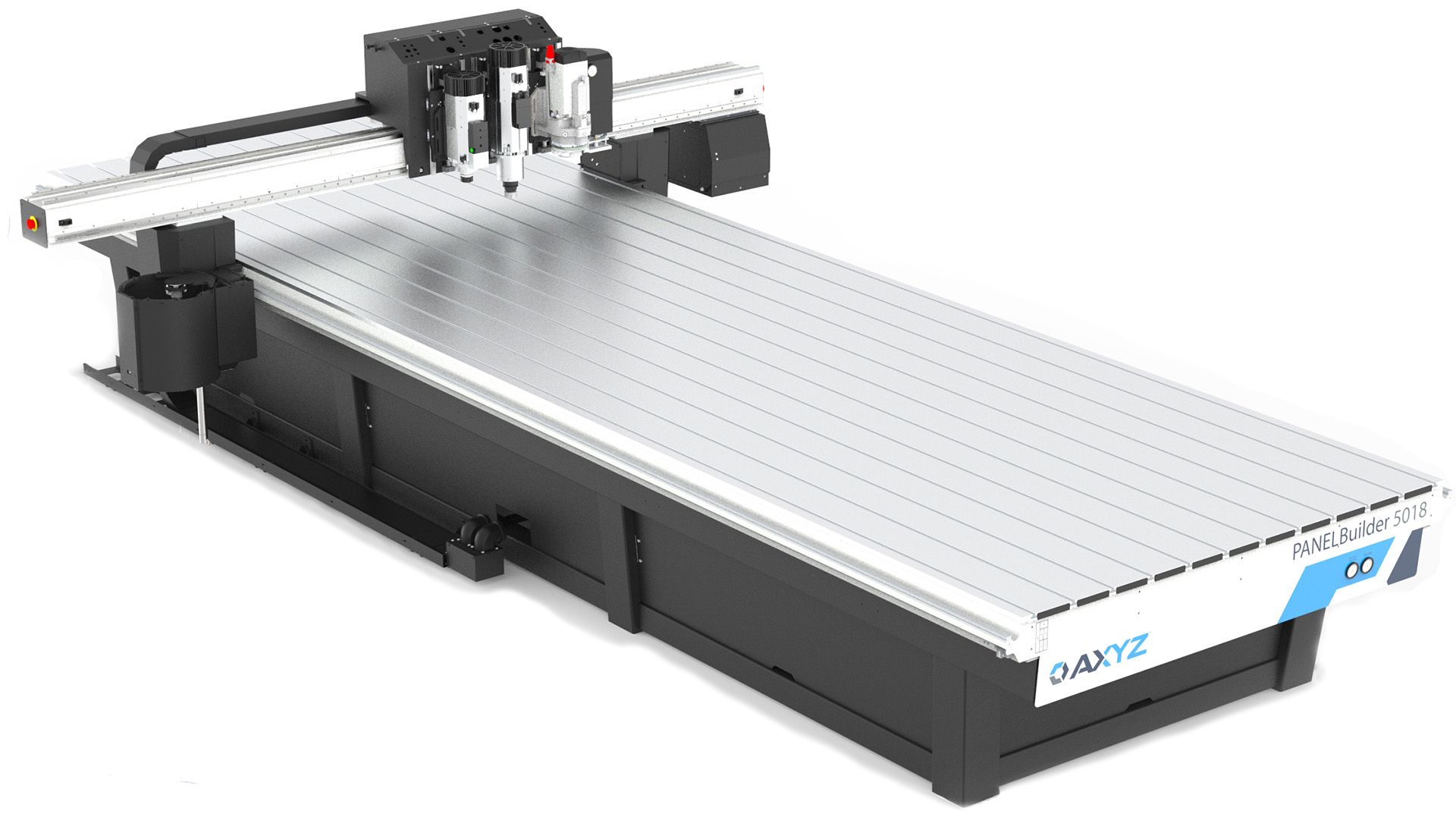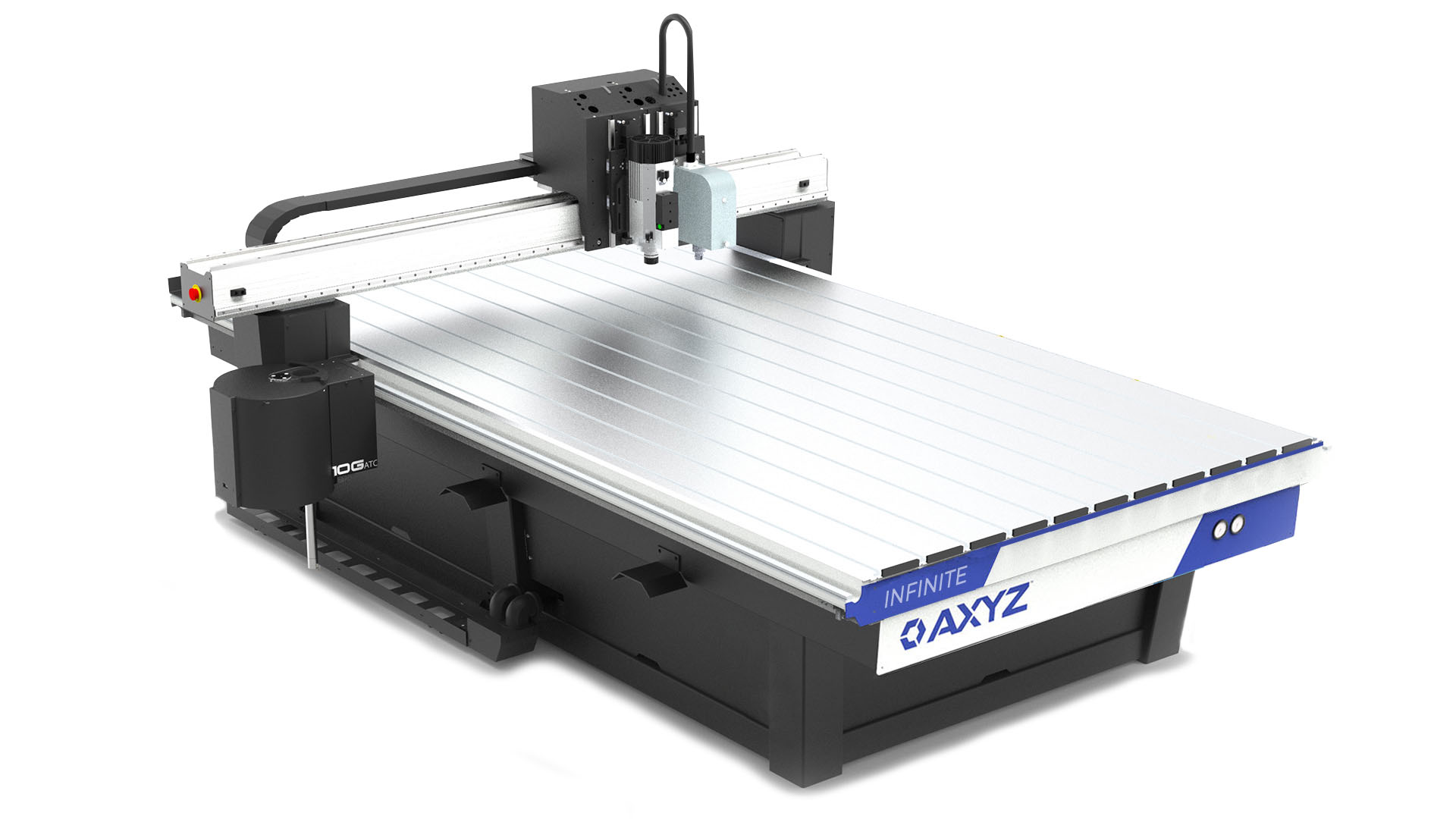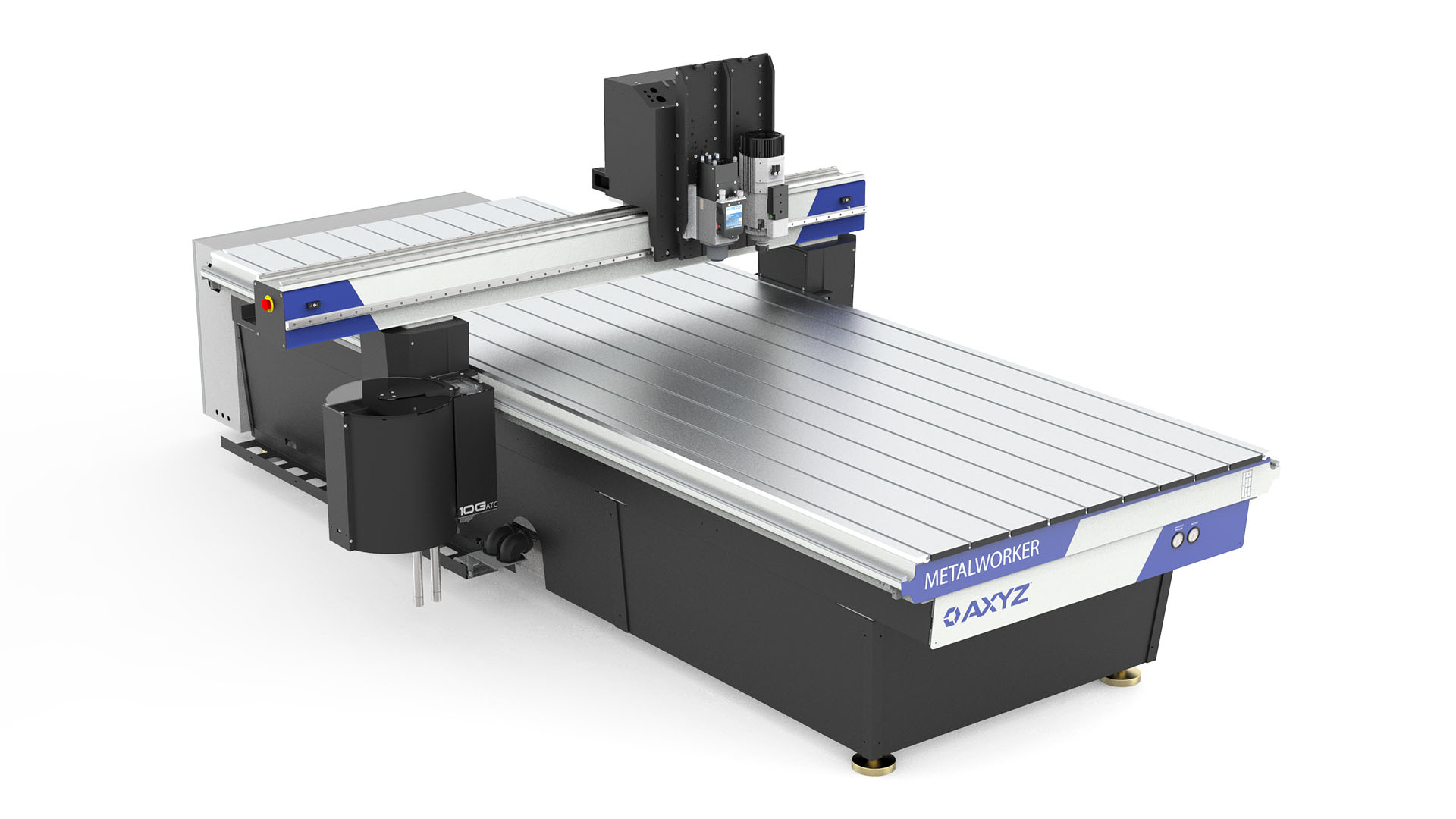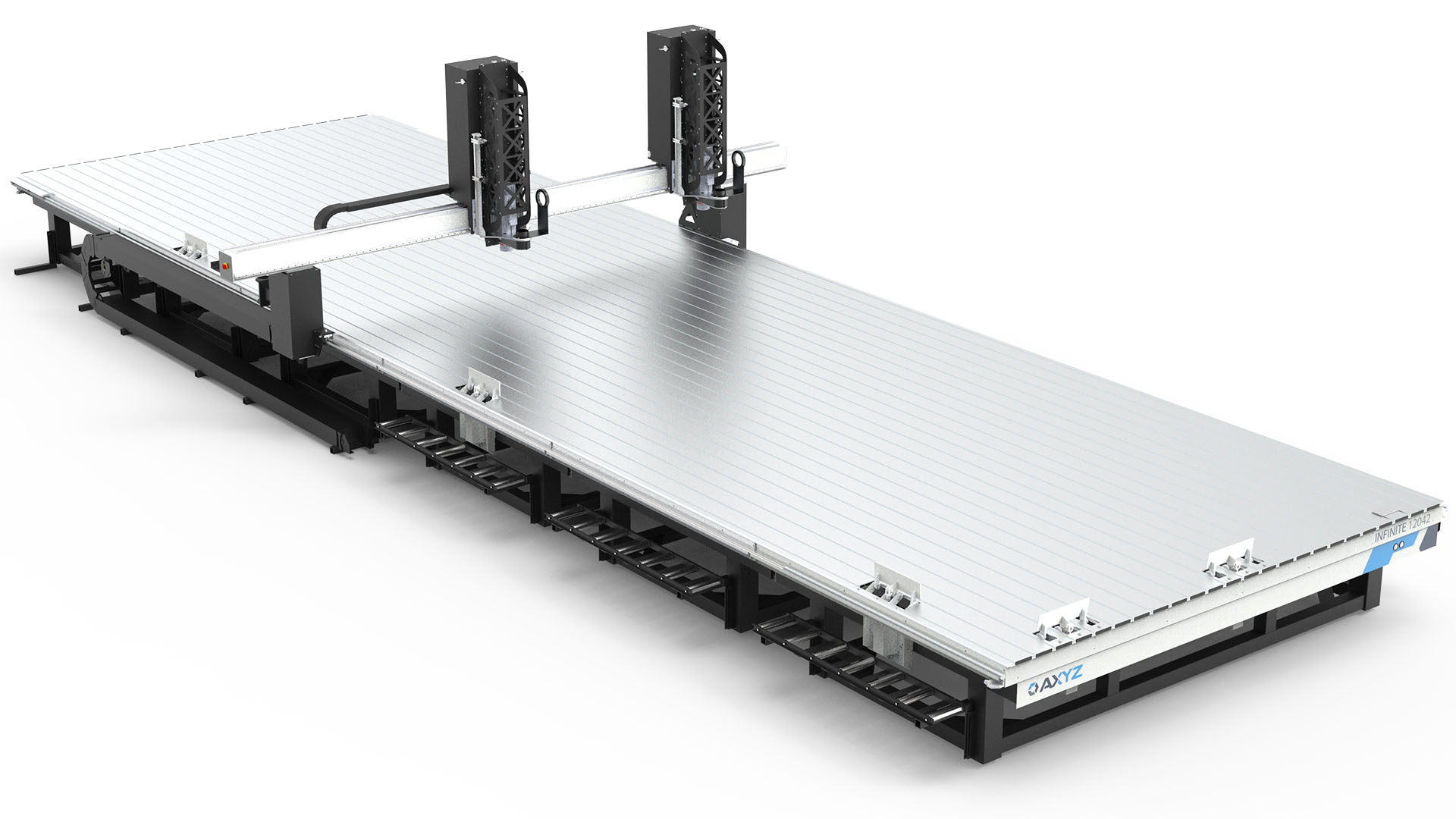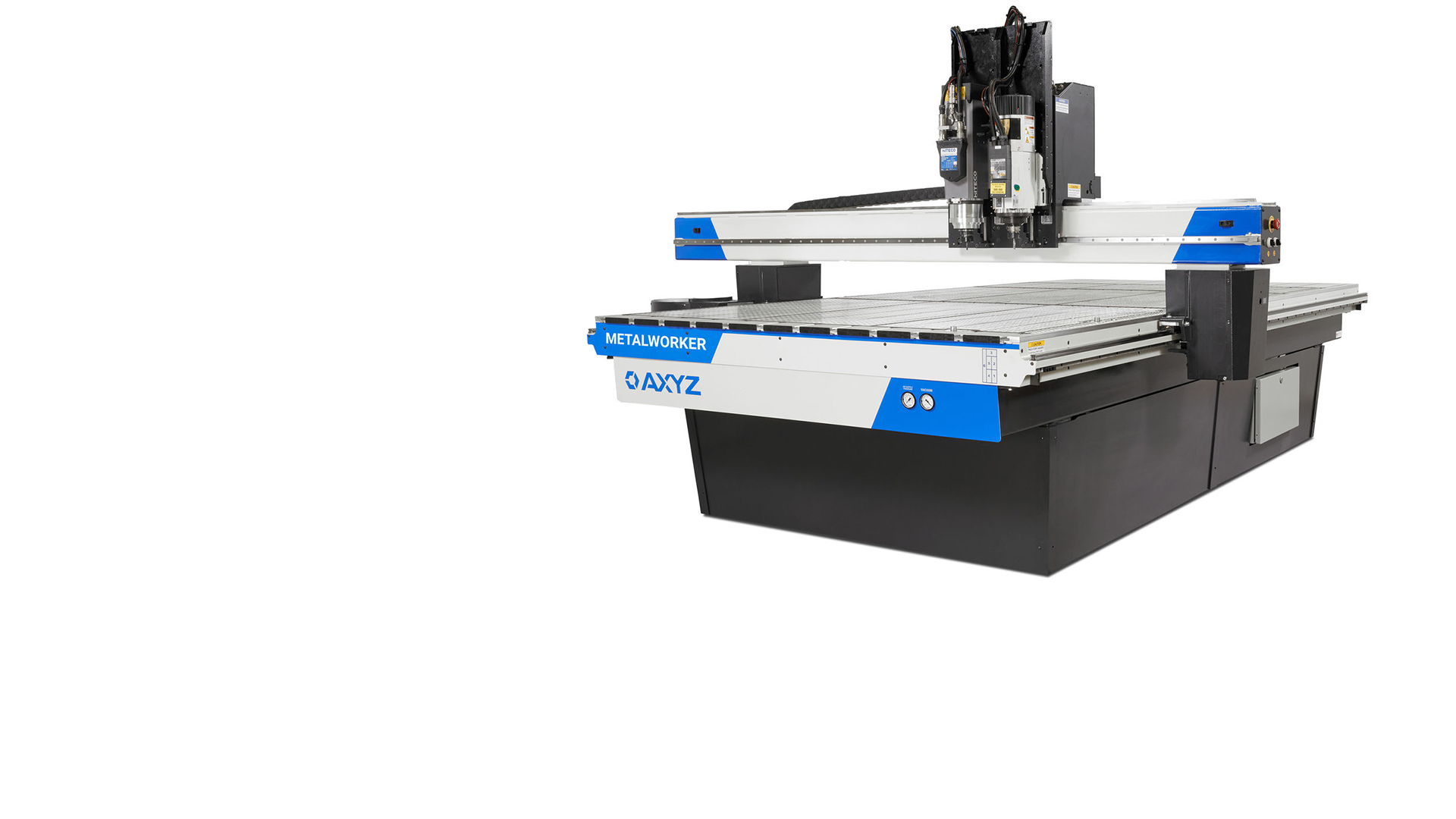Published on WoodIQ. This can be viewed online HERE.
When shopping for a CNC router, it’s easy to think that price is the most important factor. While sticking to a budget is important, it is not the only consideration in the decision-making process. There may be some critical differences between the lower and higher priced CNC routers and, because of these differences, the lower-priced machines can end up costing more in the long run than the higher-priced models. Here’s are some reasons why.
- Service and Warranty. Lower-priced machines may fail more frequently than more expensive ones. When this happens, it results in both increased repair costs and downtime. That means instead of making money for the business, the machine is costing money. To address this issue, ensure that the CNC router manufacturer offers top-notch service with quick turn-around time for service calls. Additionally, find out if the machine comes with a warranty to cover certain repairs. CNC routers are not made to be consumable items. It’s important the router you choose is backed by reputable and reliable service and support.
- Flexibility. Lower-priced CNC routers may be available only in fixed sizes. In fact, they may cost less because they are mass produced. This means there is a limited choice of options, including size and tooling selections, which may not suit your company’s needs. The ability to customize a machine and have it built to your specifications means you are purchasing the right machine for your entire business, instead of one that may work for only a portion of the business.
- Future Upgrades/Trade-Ins. When researching CNC routers, investigate both the “shelf-life” and the upgradability of the machine. More expensive routers last approximately 10 years. In this time, there will be upgrades in the machine’s technology. Lower-cost routers may have a limited scope for future upgrades. From the date of purchase, it is possible that the company will outgrow the machine and may need something bigger or a different machine altogether to handle its production needs. Additionally, a cheaper-priced machine will not have much trade-in value.
- Components and Spare Parts. Corners must be cut in order to build lower-cost CNC routers. For example, the manufacturer may use low quality bearings, spindles or other low quality parts for the machine. Using these types of lower grade materials adversely affects the router’s performance and may increase the need for service and support. Machines manufactured with lower quality parts will wear down and lose accuracy more quickly than higher quality machines. Look for CNC router manufacturers that use better quality, branded components in their machines. This is especially important when spare parts are needed.
- Cut Quality. CNC routers are purchased based on their ability to perform specific jobs. For example, if the company needs to cut square shapes on the router, it is expected the final shape will be square and not a parallelogram. Reliability of cut quality is not an issue on higher-priced machines. However, low-cost routers are not built to the same standards as more expensive ones and therefore will not perform in the same way. They may not be as strong or as stable which, can affect the accuracy and precision of the cuts.
There’s no doubt that price is a critical factor in selecting the right CNC router for your business. However, it’s the cost of ownership that may be the deciding the factor in this decision. It’s easy to look at the options and pick the cheapest router. But if you do the research and talk to the providers to determine the cost of breakdowns, obtaining spare parts, service and upgrading, you may discover that over time, the less expensive machine costs the business more than the more expensive router. If you are exploring the purchase of a CNC router, view our product range, as well as our service and support.

